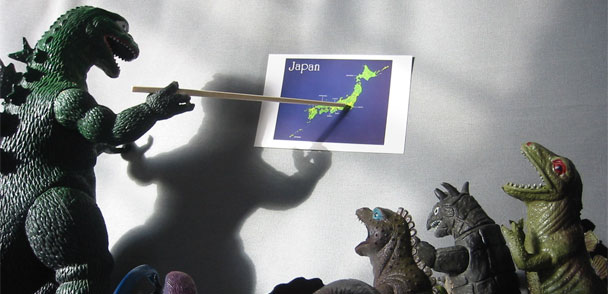Information » Health » Health and Body Matters » Tattoos and Body Art
In This Section
Tattoos and Bodyart
Tattoos
Legally, you must be 18 or over to have a tattoo. The tattooist can be prosecuted if you get tattooed under the age of 18.
A tattoo is created with a vibrating needle, which injects ink into the skin’s dermal layer. It can be a painful experience.
If you are thinking about getting a tattoo, make sure:
- The equipment used is sterilised. All needles must be new, clean and sterile for every tattoo. Dirty or shared needles carry a risk of hepatitis B and HIV
- The tattooist is registered and their certificate is on display
Tattoos can cost anything from about £10 upwards, depending on size, detail, colour and shape.
Tattoos are permanent so think about your decision carefully. For example, will you still like your tattoo in years to come? Also if your tattoo is visible, consider what an employer might think in the future. Laser treatment can remove tattoos, but it is an expensive process and may leave permanent scarring.
Body piercing
You must be 18 to have a body piercing or parental consent if you are under 18.
Piercing is another form of body art, where a part of the body is pierced with a hollow needle and a piece of jewellery is pushed through the hole.
Ear piercing is done with a specially designed gun. Other common body piercings include navel, nose, eyebrow, nipple, genitals and tongue.
Ensure the piercer is registered with a professional organization, such as The Association of Professional Piercers.
After piercing, make sure you keep the area clean to reduce the risk of infection. The piercer will tell you the best methods of after care. Piercings can take up to six months to heal.
Other methods of body art include:
- Fake tattoos
- Henna tattoos
- Stencils
- Painted tattoos
- False body jewellery
- Bindis








